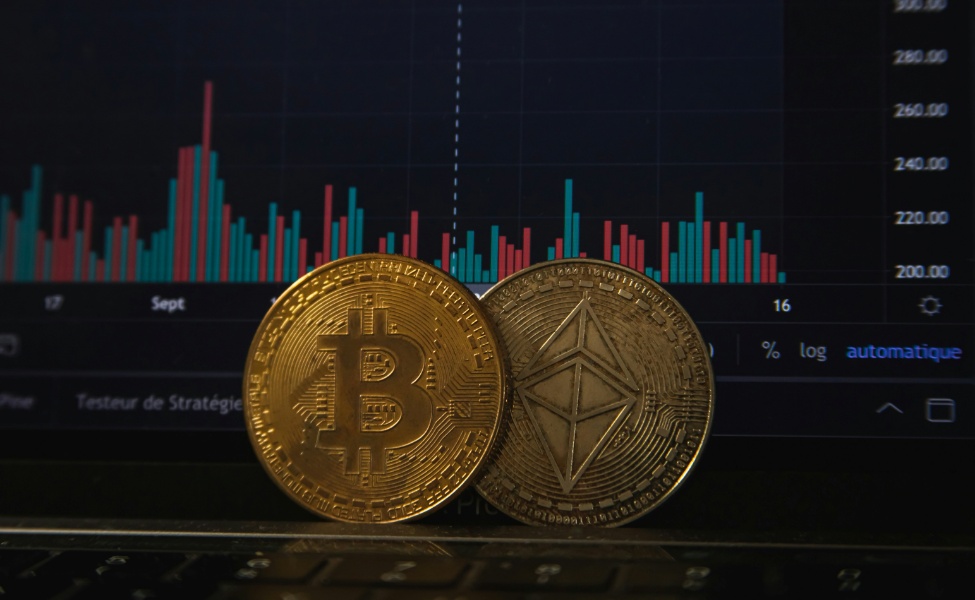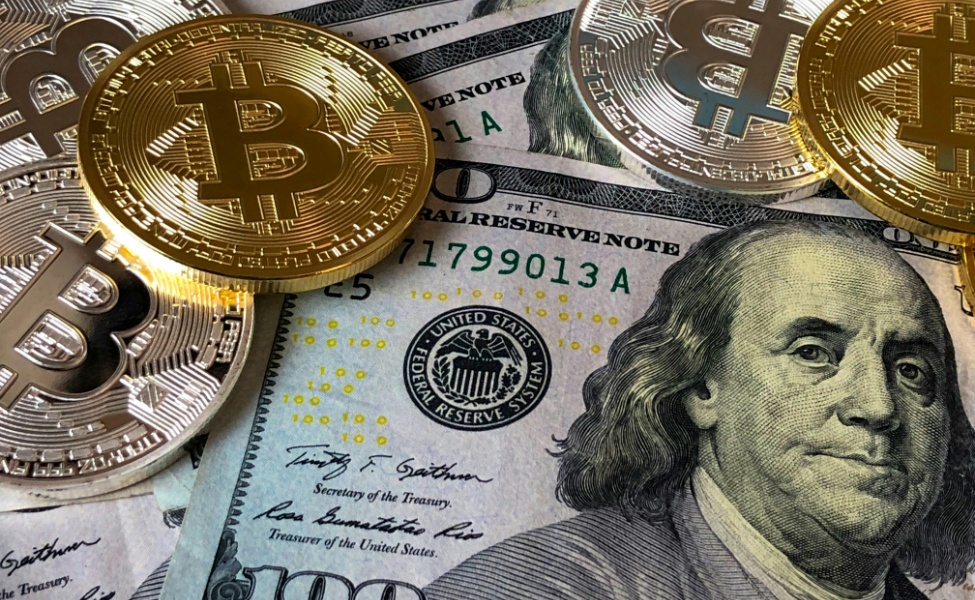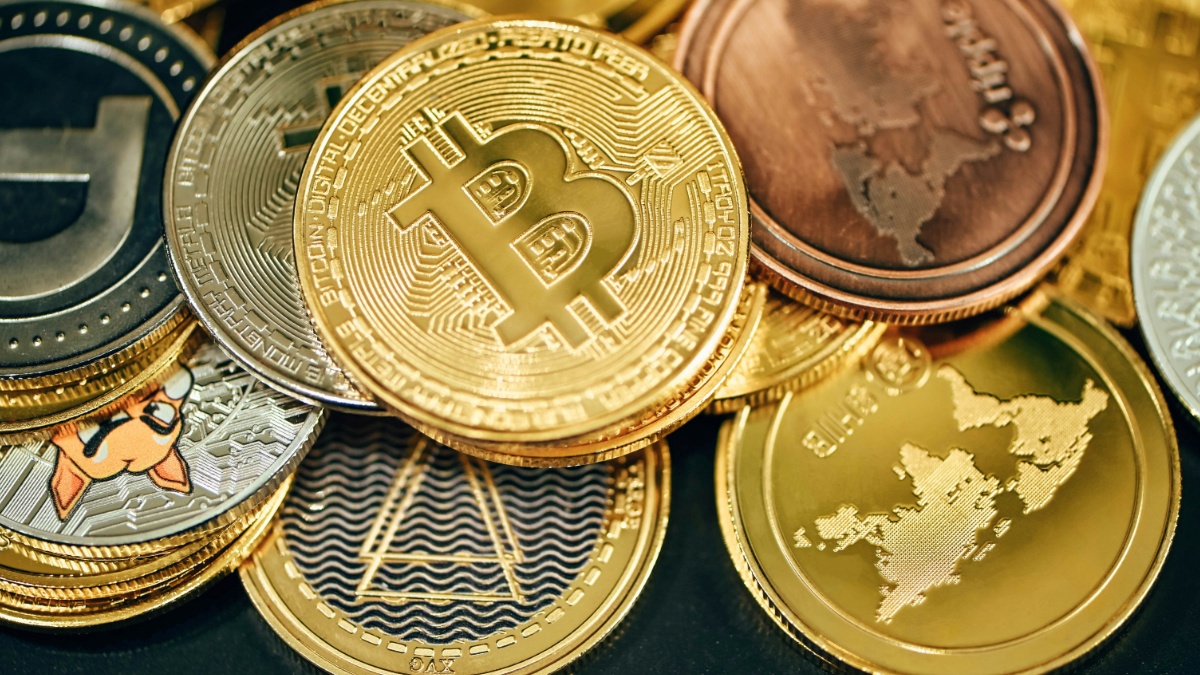So, the U.S. government is officially holding Bitcoin. Yep, the same government that once called it “a scam” is now locking away digital gold in what’s a strategic Bitcoin reserve.
If that doesn’t sound like a plot twist worthy of a Netflix drama, we don’t know what does. But this move could completely change the landscape of government regulation of Bitcoin wallets in the U.S. and the global crypto market.
Let’s break down what this means, why it’s happening now, and how it could shape crypto’s future for better… or worse.
From Skeptic to Strategist: Why the U.S. is Holding Bitcoin

Not too long ago, the U.S. government’s stance on Bitcoin was like a parent looking at their kid’s weird hobby–tolerated at best, mocked at worst.
Fast forward to today, and Uncle Sam’s got around 200,000 Bitcoin (worth billions) sitting in reserve. Most of these were seized from criminal cases, but instead of auctioning them off like in the old days, the feds are keeping them as a strategic asset. Why?
- Hedge Against Inflation: Just like gold, Bitcoin is seen by some as a store of value that’s immune to traditional market swings.
- Diversification of National Assets: The dollar is king, but holding BTC could add another safety net.
- Influence Over the Market: When the biggest economy in the world holds a chunk of Bitcoin, it sends a message to investors everywhere: “This isn’t going away.”
What’s Inside the U.S. Crypto Vault
President Donald Trump’s announcement confirmed the reserve will include:
- Bitcoin (BTC) → the flagship cryptocurrency.
- Ethereum (ETH) → the backbone of decentralized apps.
- XRP, Cardano, and Solana → other heavy hitters in the altcoin space.
The U.S. government already holds about 200,000 BTC, worth roughly $16.7 billion.
Much of it came from crypto seized in criminal cases, but instead of auctioning it off (as before), it’s being locked into a national crypto stockpile.
See Also: The Ultimate GTA 5 Steam Key Guide
Government Regulation of Bitcoin Wallets in the U.S
As Bitcoin edges closer to mainstream adoption, government regulations are inevitable. On one hand, clear rules can protect investors, encourage innovation, and open the door for larger institutions to participate. On the other hand, overly strict policies could stifle growth and push crypto activity underground.

Finding that balance will be important. Fair, transparent regulations can help legitimize crypto on a global scale, giving both individuals and businesses the confidence to transact without fear of sudden legal changes.
Platforms that already embrace compliance and user protection–such as Itemku’s Gift Card Crypto feature–show how regulation and usability can go hand in hand. It’s a glimpse of a future where crypto spending feels as safe and straightforward as any traditional payment method, whether you’re topping up a game wallet or grabbing a gift card online.
What does This Mean for Crypto’s Future?
This move is a statement. And like all bold statements, it comes with potential upsides and downsides.
The Good Stuff
- Legitimization: If the U.S. is holding BTC, it’s no longer fringe tech; it’s part of the financial mainstream.
- Investor Confidence: Newcomers might feel safer putting money into something the government itself owns.
- Boost in Adoption: Businesses could be more willing to accept BTC if it’s seen as government-backed in spirit.
The Not-So-Good Stuff
- Market Manipulation Concerns: With that much BTC, the U.S. could (intentionally or not) sway prices.
- Overregulation: Too many rules could choke innovation and make U.S.-based crypto startups flee overseas.
- Conflict of Interest: Can the government fairly regulate something it benefits from financially?
See Also: Steam Summer Sale 2025: Dates and Game Launches
Global Ripple Effect from The U.S. as a Crypto Trendsetter

When the U.S. makes a move in crypto, the rest of the world tends to take note. Countries like Switzerland, Brazil, and Germany are already exploring their digital reserves, while El Salvador, Bhutan, and the Central African Republic have gone all-in on Bitcoin.
If America officially positions BTC as a strategic reserve, it could spark a global chain reaction, from more nations holding Bitcoin for economic stability to the possibility of coordinated international regulations that make cross-border trading smoother. Large government holdings might even help steady Bitcoin’s wild price swings.
For everyday users, that kind of global adoption could make crypto feel less like a gamble and more like a genuine currency. In practice, it could mean being able to use Bitcoin for everyday purchases worldwide–whether that’s buying gaming credits, streaming subscriptions, or even gift cards crypto through platforms like Itemku that already make crypto spending quick and hassle-free.
Balancing Innovation and Regulation
The challenge now is finding that sweet spot between innovation and oversight. Too little regulation, and scams and fraud run rampant. Too much, and crypto loses the very spirit that made it revolutionary in the first place.
The U.S. government’s Bitcoin wallet is a test case for how a major economy can integrate decentralized assets into a regulated framework without crushing their potential.
See Also: Supercharge Your Roblox Adventures: Your Smart Guide How to Buying Cheap Robux!
Frequently Asked Questions (FAQ) of the U.S. Government’s Bitcoin Wallet
Q: Does the U.S. government own Bitcoin?
A: Yes. The U.S. government holds around 200,000 Bitcoin, most of which was seized from criminal cases. Instead of selling it all, the government is now treating some of it as part of a strategic Bitcoin reserve.
Q: Why would the U.S. government need a Bitcoin wallet?
A: A Bitcoin wallet allows the government to securely store and manage its digital assets. By holding BTC directly, the U.S. gains flexibility–whether as a hedge against inflation, a strategic asset, or a tool to influence global crypto policy.
Q: How will government regulation of Bitcoin wallets in the U.S. change?
A: With the government becoming a Bitcoin holder, expect clearer wallet regulations, including stricter security standards, anti-money laundering (AML) compliance, and more defined jurisdiction between the SEC and CFTC.
Q: Could the U.S. government owning Bitcoin affect prices?
A: Potentially, yes. Large government holdings could reduce volatility by keeping coins off the open market–but they could also cause sudden swings if the government decided to buy or sell large amounts.
Q: Is this move good or bad for crypto investors?
A: It depends. On one hand, U.S. involvement adds legitimacy and could encourage adoption. On the other hand, it could lead to overregulation and potential market manipulation concerns.
Q: What does this mean for global cryptocurrency regulation?
A: The U.S. setting up a Bitcoin reserve could inspire other nations to do the same. This might lead to more coordinated international regulations, shaping a more stable–but also more regulated–global crypto market.
See Also: Pending Robux in Roblox: How Long Does It Take?
So, there you have it. America now has its own Bitcoin wallet, and the crypto game just leveled up. This could mean friendlier rules… or tighter control. Either way, the market’s about to feel the shift.
Don’t let your Bitcoin just sit–turn it into instant buying power before rates change. Grab gift cards for Amazon, Steam, PSN, Roblox, and more; fast, secure, and no bank needed. Buy Gift Cards with Crypto at Itemku today, while it’s hot!


